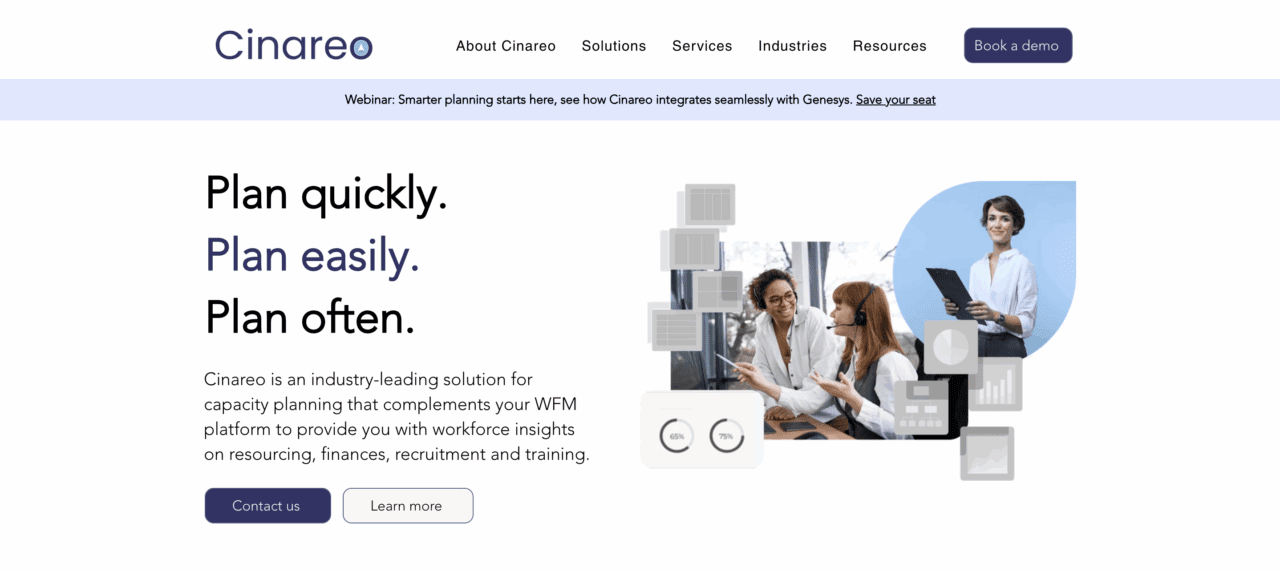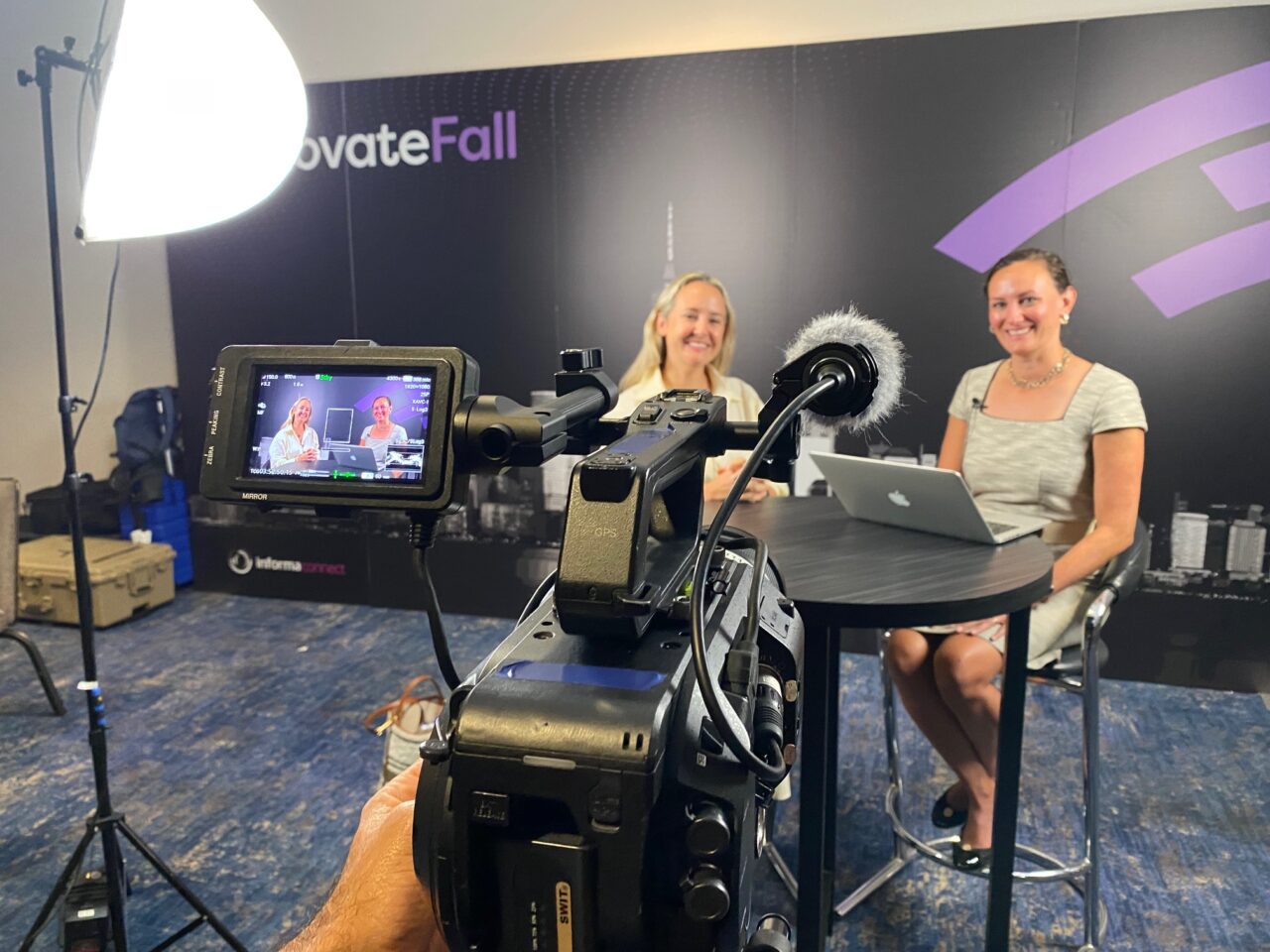
When it comes to the conversation on cryptocurrencies in financial services, the discussion often starts with stablecoins. And with good reason. The stablecoin market today is estimated to be worth $250 billion. Major financial institutions including JPMorgan, Goldman Sachs, and BlackRock have incorporated stablecoins into transactions and settlement operations. Technology giants like Meta, Apple, and Amazon are exploring the use of stablecoins for payouts. And the recently passed GENIUS Act in the US will establish a regulatory framework for these digital assets.
But there’s another child of the blockchain that is working its way toward the mainstream and that’s tokenization. Darren Carvalho, Co-Founder of MetaWealth, in a recent piece for Finextra, described tokenization as: “the process of digitally representing real-world assets, including stocks, bonds, and real estate, on the blockchain in the form of a token.”

Why is this a big deal? As Carvalho explained, tokenization promises to bring greater efficiency and inclusion to traditional financial markets. This includes making a wide range of financial assets accessible to a broader range of potential investors thanks to its exceptional ability to enable fractional investments. The deployment of smart contracts that automate compliance processes is another use case for tokenization that has excited advocates of the technology.
To discuss all this and more, we caught up with Carvalho’s colleague, fellow MetaWealth Co-Founder and CEO, Amr Adawi (pictured). In this interview, Adawi shared his insights about the growing role of tokenization of real-world assets (RWA) in financial services and how a new generation of companies is helping individual investors leverage tokenization to build their wealth.
You recently announced a distribution of more than one million USD in yield income to token holders. Why is this milestone important and what does it say about the outlook for tokenized assets?
Amr Adawi: Distributing over $1 million in yield income to MetaWealth token holders is a significant milestone—not only for our platform, but also as a true validation of tokenization as a transformative technology in the real estate industry. MetaWealth demonstrates that tokenization has moved beyond the hype and now delivers real financial outcomes for everyday investors. Essentially, we have met the promise of tokenization: democratizing access to traditionally high-barrier investments.
It is also worth highlighting the underlying structure of the yield income distributed to investors. MetaWealth is passing on real rental income generated from the income-producing properties listed on its platform, demonstrating that tokenized assets can deliver both accessibility and returns without having to compromise on compliance, transparency, or limit investor protections.
Let’s step back a bit. What are tokenized assets? Why are they becoming more important?
Adawi: We use the term “tokenized assets” to refer to any asset—from real estate and cars to bonds and stocks—that are represented as digital tokens on the blockchain. Each token corresponds to a share of ownership or interest in the underlying asset, enabling secure, transparent, and fractionalized ownership of the asset.
We’re seeing such deep interest in tokenized assets, especially from financial institutions, because of their ability to remove long-standing barriers in traditional finance. Take real estate investing, for example; the industry has been limited by high entry costs, complex legal structures, and illiquidity. Tokenization has completely removed these barriers to entry by lowering the minimum investment, increasing transparency and enabling more flexible trading of assets through digital ownership.

How does MetaWealth fit in? What problem does MetaWealth solve?
Adawi: MetaWealth is an investment platform that is purposefully designed to enable global investors to access institutional-grade and income-generating real estate through tokenization.
We partner directly with Europe’s leading property developers, bringing investment opportunities to any retail or corporate investors that were previously reserved for large institutions. Our platform complies with all relevant legislation, recently achieving the EU’s VASP licence and now pursuing MiCa registration. Using our fully-licensed platform, investors can buy into premium properties with as little as $100 and receive yield directly through our platform.
MetaWealth’s approach to real estate investment is also advantageous for property developers, opening up their projects to a broader capital base, unlocking new revenue streams and greater liquidity through the power of tokenization.
Who are MetaWealth’s primary customers? How do you reach them?
Adawi: Our platform serves both retail investors and institutions, with over 50k investors signed up across 23 countries in Europe and Canada. MetaWealth’s support for fractionalized real estate investments on-chain, and within an investment platform that offers transparent performance reports and adheres to high regulatory standards, is particularly appealing to institutional investors.
Investors typically find us through their own research on small-ticket real estate investments, with our direct investment opportunities in properties across Greece, Italy, Spain, and Romania making us stand out from competing platforms.
What in your background gave you the confidence to tackle this challenge?
Adawi: I think it’s important to highlight the scale of this challenge; real estate is a $180 trillion market, and has proven resistant to digitization so far. The root of my confidence that we can tackle this challenge is a deep belief that financial inclusion typically wins in the long term; challengers in cross-border payments, stock investments, banking, and more have been able to capture market share. More specifically, I’m confident we can build a reputable, user-friendly and efficient tokenized investment platform due to my years of experience building across both Web2 and Web3 ecosystems.
Before co-founding MetaWealth, I spent over eight years working at leading startups and organizations including Wealthsimple, the Chan Zuckerberg Initiative, Drop, and Meta. I also co-founded 1lens, an AR company leveraging computer vision to create immersive, real-world experiences. This career trajectory, and the invaluable knowledge I picked up along the way, allowed me to design and deploy platforms used by millions—platforms that demanded both robust infrastructure and user-first design at scale.
All of the above experiences have enabled me to do what I care about the most: solving real problems with technology that expands access and opportunity. It is a simple fact that real estate remains one of the most powerful pathways for wealth creation and yet it is still inaccessible for many. We’re democratizing this key asset class, bringing benefits to every stakeholder in the property value chain in the process.
Can you tell us about an implementation or deployment of your technology that you think is especially noteworthy?
Adawi: MetaWealth’s most impactful deployment of our technology has to be our real-time yield distribution to global investors who hold tokenized real estate investment on the MetaWealth platform. Surpassing $1 million in distributed yield, directly delivered to users’s wallets via blockchain, validates our entire business model—merging asset-backed performance with digital ownership infrastructure. Further noteworthy implementations include funding developments in Athens, Rome, and other European cities, increasing supply of housing while bringing returns to our users.
There’s growing interest in and awareness of stablecoins. Do you think interest in tokenized assets will catch up? What could drive faster embrace of tokenization?
Adawi: Stablecoins have seen accelerated adoption because they offer a clear and undeniable utility, serving as a powerful alternative to frictionless money movement. Essentially, stablecoins have proven their worth by being stable, liquid, and solving a global pain point transferring value across borders, unhindered by borders or time constraints.
Conversely, tokenized assets are more complex in nature, although we are already seeing more real-world use cases that deliver measurable returns. The drivers of tokenization adoption will be performance and transparency. When people can buy a tokenized share of a property, receive verified rental income and track ownership on-chain, the technology becomes more concrete.
Although the technology clearly works, better UX, credible regulation, and consistent yield will accelerate tokenized assets’ credibility as an investment vehicle among retail and institutional investors. Moreover, broader education about tokenized assets as well as integrations with mainstream fintech apps and further regulation will bolster investor confidence.
What can we expect to hear from MetaWealth in the months to come?
Adawi: Following the recent approval of our VASP license early this year, which allows MetaWealth to expand its offerings in the tokenized real estate market, including introducing a compliant secondary market for its real-world assets and real estate tokens, we are now focused on our upcoming MiCAR submission. This will enable MetaWealth to operate with regulatory clarity across the EU, unlocking passporting rights, enhancing trust, and institutional access and many other benefits that will enable us to scale.
Outside of MiCAR, we are continuing to expand our presence across Europe. A majority of our $50+ million in tokenized assets remain under development, with assets in Spain and Italy recently reaching 100% in commitments. Over the months to come, we will list new real estate assets on the MetaWealth platform, spanning a range of European markets.
Photo by Shubham Dhage on Unsplash














